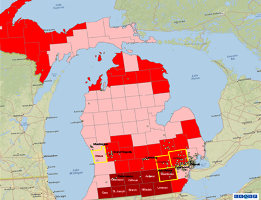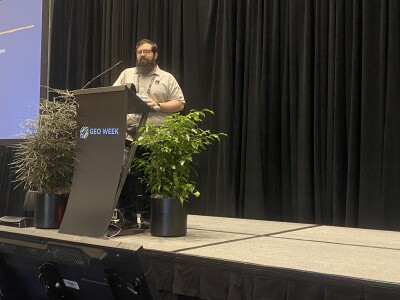.png)
Tech consulting firm Booz Allen to support GIS mobile app design
Technology and management consulting firm Booz Allen Hamilton said Monday it won a $15.8 million contract to provide GIS remote sensing imagery analysis and other GIS technology services to the Centers for Disease Control and Prevention (CDC) to improve the future of public health.
Under the terms of the five-year contract, McLean, Va.-based Booz Allen, with $5.8 billion in annual revenue, will support the CDC’s Geospatial Research Analysis and Services Program (GRASP).
The GRASP program promotes the use of geospatial technology by applying the concepts, methods, and tools of geospatial information science to public health research and practice across the CDC and the Agency for Toxic Substances and Disease Registry (ATSDR).
Scientists and researchers at CDC/ATSDR collaborate with public health partners through GRASP to address environmental health and emergency preparedness and response issues.
Booz Allen will provide:
1. GIS analysis, research, and geospatial statistics;
2. GIS remote sensing imagery analysis;
3. Cartographic design and production;
4. GIS web/desktop/mobile application design, development, and maintenance;
5. GIS shared service design, development, and maintenance;
6. GIS database design, development, management, and maintenance;
7. GPS data-gathering, training, and support;
8. GIS systems integration;
9. GIS training; and
10. GIS project management.
Since 2007, Booz Allen has supported GRASP in fulfilling its objectives:
- research and analyze the geospatial trends and patterns relevant to diverse factors associated with environmental health, infectious and chronic disease, and emergency preparedness and response
- geospatially enable CDC/ATSDR scientists and systems with data, consulting, technology, and training
- collaborate with scientists and researchers at the CDC/ATSDR and among our public health partners to address diverse public health issues
- contribute to a vibrant geospatial community among public health professionals
- embrace, leverage, and promote GIS technology






